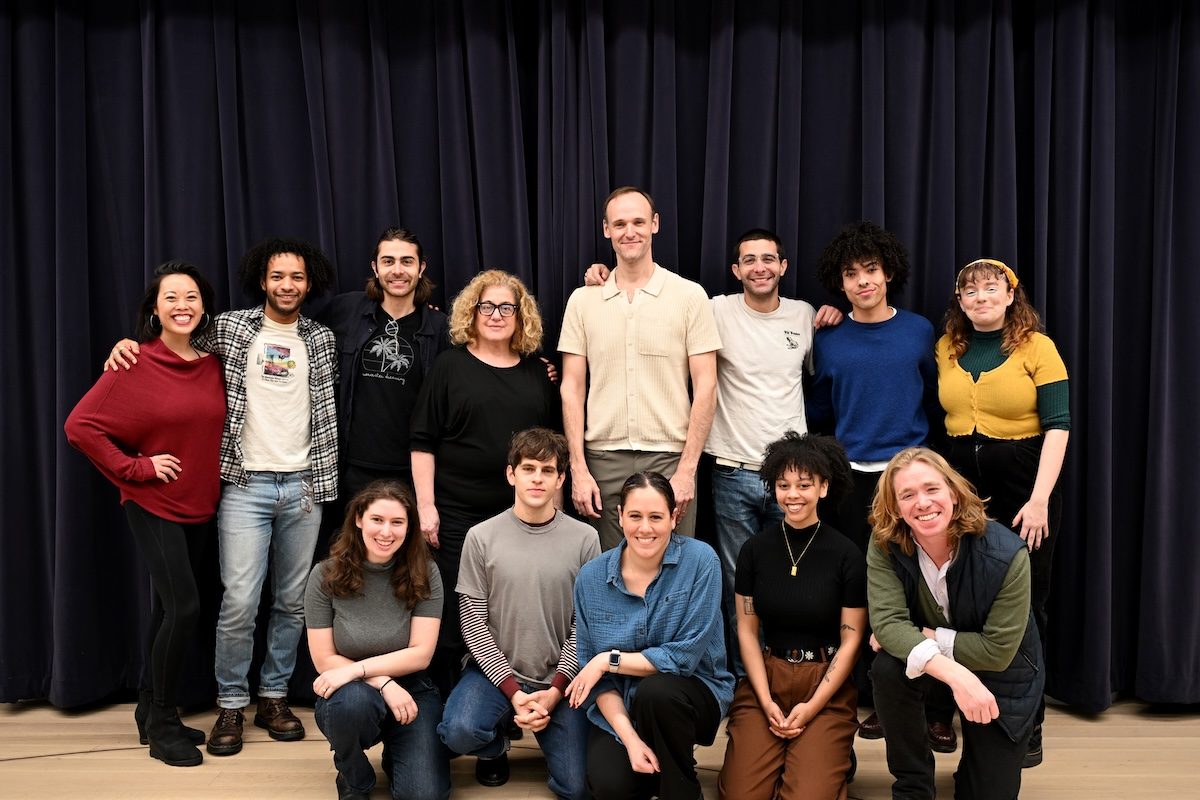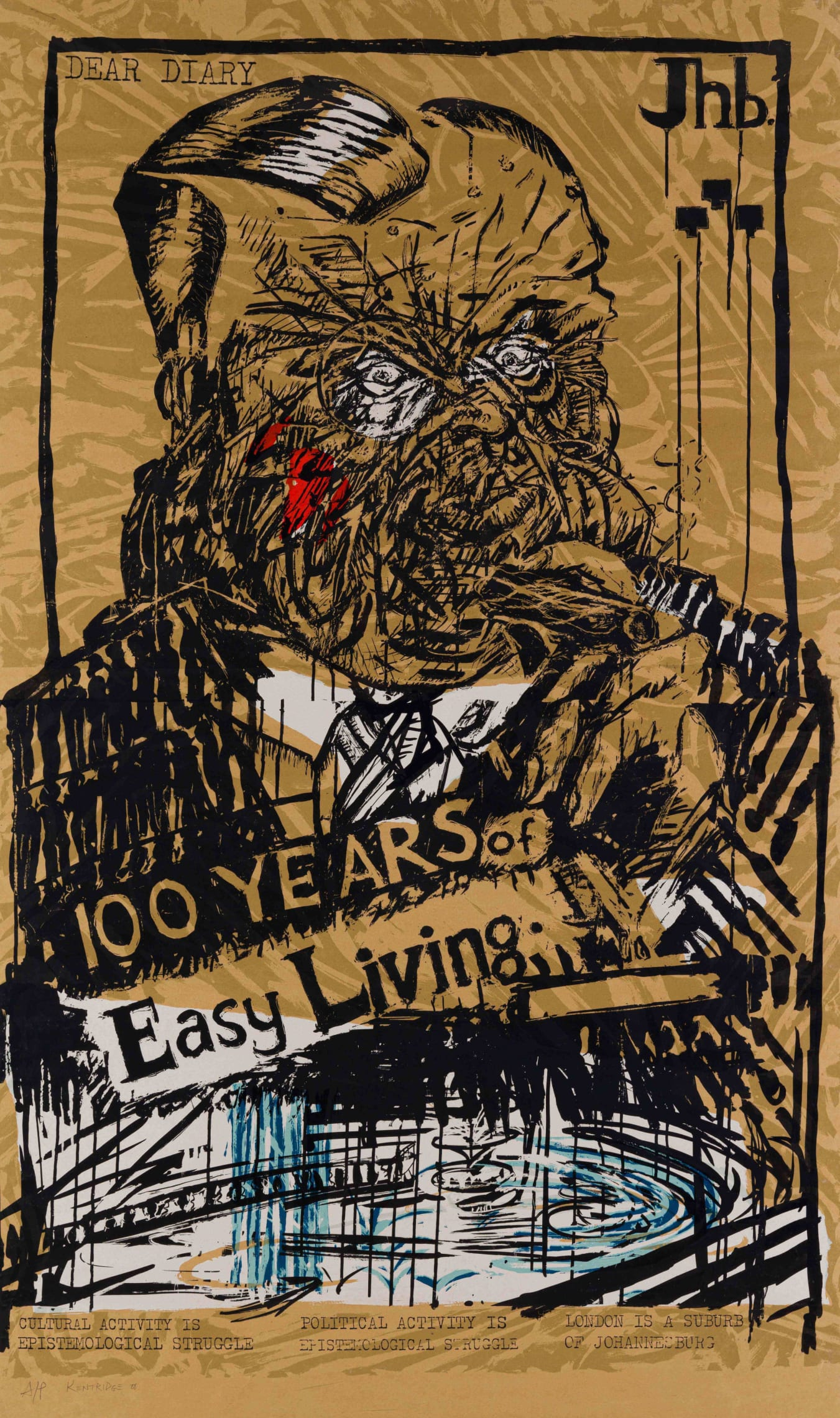“Night Side Songs” is not just a musical; it’s an emotional journey that opens the door on the often-taboo subject of death and dying. This groundbreaking theater about death tackles the realities of living with cancer through the eyes of doctors, patients, and caregivers, compelling audiences to engage in conversations about palliative care. Developed under the guidance of Susan Block, a distinguished palliative care specialist, this musical invites introspection and honesty around illness, offering a rich, moving experience. Commissioned by the Harvard American Repertory Theater, it reflects a significant shift in how we perceive end-of-life experiences, integrating profound human emotions into the fabric of musical theater. By blending the vibrancy of live performance with the somber realities of facing serious illness, “Night Side Songs” promises to resonate deeply with anyone touched by cancer or illness.
“Night Side Songs” delves into the intricate tapestry of life and mortality, inviting audiences to explore the delicate balance between hope and despair. This innovative theatrical piece, which highlights the importance of discussions surrounding illness and therapeutic care, serves as an engaging medium for expressing the complexities of facing terminal conditions. As it unfolds, the narrative celebrates the shared experiences of those dealing with the emotional challenges of serious diseases. By incorporating elements of musical storytelling into poignant themes of palliative care and loss, the production crafts a unique dialogue about understanding death that is rarely addressed in conventional theater. With its roots in deeply personal stories, this show stands as a testament to the transformative power of performance in confronting the harsh realities of life.
Exploring the Themes of Death in ‘Night Side Songs’
‘Night Side Songs’ poignantly addresses the experience of living with a terminal illness, exploring deep emotional landscapes that resonate with many. The musical uncovers the rarely-discussed realities associated with dying, an aspect often shunned in mainstream narratives. Palliative care specialist Susan Block’s influence was critical in shaping the storyline, ensuring the representation of both patients’ and caregivers’ perspectives. Her insights drew attention to how illness compels individuals to confront their mortality and the societal silence surrounding it.
The portrayal of cancer within the musical invites viewers to engage in conversations about death that often remain taboo. By dramatizing such experiences, ‘Night Side Songs’ not only educates audiences about the complexity of palliative care but also fosters empathy for those navigating their final days. The show’s ability to humanize these themes provides support for families and clinicians alike, encouraging dialogue about end-of-life decisions.
Palliative Care: A Vital Element of ‘Night Side Songs’
Palliative care serves as the backbone of ‘Night Side Songs,’ illustrating its importance in the journey of patients facing cancer. This form of care not only manages physical symptoms but also addresses emotional needs, making it a holistic approach to treatment. Susan Block’s extensive experience in psychosocial oncology adds authenticity to the narrative, as she highlights the significant role palliative care plays in improving patient quality of life. Block emphasizes that through effective palliative care, individuals can maintain dignity and make informed choices during their illness.
The musical invites audiences to reflect on how palliative care can transform the often daunting experience of cancer treatment into one of compassion and support. By showcasing real-life testimonies from patients and families, ‘Night Side Songs’ highlights the necessity for open discussions about death and dying. Such conversations can alleviate fear and loneliness, making palliative care an essential topic within our healthcare discussions.
The Cultural Impact of ‘Night Side Songs’ on Theater and Healthcare
‘Night Side Songs’ emerges as a groundbreaking theatrical work, merging art with critical healthcare discussions. Commissioned by Harvard’s American Repertory Theater, it exemplifies how performing arts can serve as a platform for exploring sensitive topics like death and cancer. This innovation encourages a collective reflection on mortality and invites audiences to ponder their own perceptions of life-threatening illnesses. The Lazour brothers, through their research and collaboration with Susan Block, ensure that the musical is both informative and engaging, pushing the boundaries of traditional narratives in theater.
The incorporation of such difficult subject matter in a musical illustrates the changing landscape of theater, where serious topics are no longer confined to somber discussions but can be expressed through song and storytelling. Audiences are given the unique opportunity to engage emotionally, broadening their understanding of palliative care and the realities of death. The success of ‘Night Side Songs’ could pave the way for more productions that tackle similar themes, bridging gaps between art, medicine, and emotional wellness.
Susan Block’s Role in Shaping ‘Night Side Songs’
Susan Block, a seminal figure in the field of palliative care, played a pivotal role in the creation of ‘Night Side Songs.’ As the founding chair of the department of psychosocial oncology, Block provided invaluable insights that helped the Lazour brothers construct a narrative that is both authentic and impactful. Her perspective as a clinician who has witnessed the complexities of dying patients enriches the musical’s portrayal of illness, fostering a deep connection between the audience and the characters portrayed on stage.
Block’s skepticism at the project’s inception transformed into enthusiasm after witnessing a run-through, revealing the emotional depth that ‘Night Side Songs’ encapsulates. By weaving her expertise into the fabric of the musical, Block not only contributes to the authenticity of the narrative but also highlights the inherent dignity in discussing death openly. Her involvement underscores the importance of interdisciplinary collaboration between the arts and medicine, showcasing that theater can play a crucial role in elevating discussions about palliative care and illness.
Musical Storytelling: A New Lens on Serious Illness
Through ‘Night Side Songs’, musical storytelling becomes a powerful medium to address the gravity of serious illness. Unlike conventional methods of communication surrounding death, theater allows for a creative expression that resonates on emotional levels, making the subject matter more accessible. The innovative approach to discussing cancer not only entertains but also educates, creating a space where audiences can confront their fears associated with mortality.
This musical redefines the interaction between viewers and performers, transforming passive observation into active engagement. By incorporating music and communal singing, ‘Night Side Songs’ encourages individuals to participate in the narrative, thereby reducing the stigma attached to conversations about dying. This reinforces the notion that music can be a therapeutic tool in coping with illness, bridging the gap between healthcare and the emotional truths of life.
Community Engagement Through ‘Night Side Songs’
‘Night Side Songs’ cultivates a unique sense of community by inviting audiences to reflect on their experiences with illness and death. The format of the production, performed in intimate settings, fosters personal connections not just among audience members but between the performers and the viewers. This close environment encourages open dialogue about dying and the emotions tied to it, allowing individuals to share their stories in a supportive atmosphere.
The musical’s interactive nature, since it invites audience participation, further enhances this communal experience. Such involvement creates a shared understanding and promotes resilience among those who have dealt with serious illness—making it an important vehicle for fostering discussions around palliative care. As a result, ‘Night Side Songs’ transcends being merely a theatrical performance, evolving into a community event that promotes healing through collective acknowledgment of shared challenges.
Innovation in Theater: Lessons from ‘Night Side Songs’
The innovative nature of ‘Night Side Songs’ challenges traditional theatrical conventions, encouraging audiences to reconsider the role of theater in contemporary society. Integrating themes of death and palliative care into a musical format reveals the potential for art to discuss complex themes that often remain unaddressed in everyday conversations. This approach serves as a reminder that theater can be an essential forum for engaging with pressing social issues while delivering impactful messages through artistic expressions.
By presenting a narrative that revolves around cancer and death, ‘Night Side Songs’ demonstrates how creativity can merge with crucial healthcare topics. The Lazour brothers and Susan Block’s collaboration illustrates the power of interdisciplinary projects, showcasing that when art and science intersect, they can create transformative experiences for audiences. This innovation not only paves the way for future theatrical works on similar subjects but also encourages a growth in public discourse surrounding illness and end-of-life care.
Broadening the Discourse: ‘Night Side Songs’ and Healthcare Awareness
‘Night Side Songs’ opens up crucial conversations about palliative care and the realities of living with cancer, serving as a conduit for awareness in healthcare discussions. By bringing these topics into the limelight through artistic expression, the musical fosters greater understanding and empathy for patients and families navigating these difficult journeys. The narrative challenges societal norms surrounding death, encouraging individuals to engage in conversations that they may otherwise avoid due to discomfort or fear.
Furthermore, the exposure that ‘Night Side Songs’ provides can lead to broader advocacy for improved palliative care options. As audiences resonate with the emotional journey of the characters, they may feel compelled to reflect on their healthcare experiences or that of loved ones, spurring important dialogues that could influence public perception and policy. Ultimately, this blend of art and advocacy exemplifies how theater can impact social change within the healthcare landscape.
The Future of Musicals: Impact of ‘Night Side Songs’ on the Genre
‘Night Side Songs’ sets a precedent in the realm of musicals, showing that the genre can extend beyond entertainment to tackle serious social issues confronting society. With its bold narrative surrounding cancer and palliative care, it invites future productions to explore new thematic territory, breaking the mold of traditional musical storytelling. This evolution in genre diversifies the types of stories that can be told on stage, offering opportunity for deeper engagement with audiences.
As the landscape of musical theater expands, ‘Night Side Songs’ exemplifies the potential for combining art with critical cultural discussions. The collaboration of artists and healthcare professionals not only brings authenticity to the portrayal of serious illness but also highlights the importance of theatrical innovation in fostering communal understanding. This potential for impactful storytelling reinforces that the future of musicals lies in their ability to address profound human experiences, creating lasting connections between performers and audiences.
Frequently Asked Questions
What is the central theme of ‘Night Side Songs’ musical about cancer?
‘Night Side Songs’ is a poignant musical about cancer that captures the emotional and psychological experiences of patients, caregivers, and medical professionals. It explores themes of illness, death, and the importance of open conversations about end-of-life care, drawing on insights from palliative care specialist Susan Block.
How did palliative care expert Susan Block contribute to ‘Night Side Songs’?
Susan Block was instrumental in the development of ‘Night Side Songs,’ advising the Lazour brothers by reviewing drafts and offering insights on the authenticity of the experiences depicted in the musical, which focuses on cancer and palliative care.
Where can I watch ‘Night Side Songs’ theater about death and dying?
‘Night Side Songs’ is being performed at the Cambridge Masonic Temple and Hibernian Hall in Roxbury, showcasing a unique approach to theater about death, inviting audiences into an intimate environment for a deeper connection with the performers and themes.
What makes ‘Night Side Songs’ different from other musicals?
Unlike traditional musicals, ‘Night Side Songs’ tackles serious topics like cancer and palliative care in a respectful and emotionally engaging way. The show encourages audience participation, allowing them to sing along, fostering a communal experience that invites reflection on serious illness.
How does ‘Night Side Songs’ address the challenges of palliative care?
‘Night Side Songs’ addresses the often-overlooked aspects of palliative care and the conversations surrounding death and dying. It highlights the emotional struggles faced by patients and families while providing an honest portrayal of the medical community’s role in end-of-life care.
Is ‘Night Side Songs’ suitable for everyone?
‘Night Side Songs’ is recommended for anyone impacted by serious illness or interested in topics of life, death, and palliative care. Its heartfelt storytelling and melodic approach resonate with those wanting to explore themes of illness in a compassionate setting.
What is the significance of the title ‘Night Side Songs’?
‘Night Side Songs’ takes its name from Susan Sontag’s observation that ‘illness is the night side of life.’ The title reflects the duality of human experience, emphasizing both the struggle with cancer and the beauty of life despite its complexities.
How long is the run of ‘Night Side Songs,’ and how can I get tickets?
‘Night Side Songs’ is running through the early part of April 2025. Tickets can be purchased through the Harvard American Repertory Theater’s official website, where additional information about the performance schedule and venues is also available.
| Key Points | Details |
|---|---|
| Palliative Care Specialist Insights | Susan Block, a pioneer in palliative care and psychosocial oncology, provided guidance to the Lazour brothers in developing ‘Night Side Songs’. |
| Theme of the Musical | ‘Night Side Songs’ tackles themes of cancer, illness, and dying, presenting the stories of those involved in the journey. |
| Audience Engagement | The show invites audience participation, allowing them to sing along, creating a connection between the performers and the viewers. |
| Performance Venues | Unlike typical theaters, ‘Night Side Songs’ is performed in intimate settings, enhancing emotional connections. |
| Candid Conversations | The musical encourages discussions about death and dying that are often avoided, promoting openness about difficult topics. |
| Critical Acclaim | Critics like Susan Block praised its emotional depth and accuracy in portraying the complexities of serious illness. |
Summary
‘Night Side Songs’ brings important conversations about illness and the end of life to the forefront of theater. It resonates deeply with audiences, offering a rich and moving perspective on the experiences of those facing cancer and their caregivers. Through unique storytelling and community engagement, the musical fosters a sense of connection and understanding, making it a significant cultural work that challenges the norms surrounding discussions of death.



